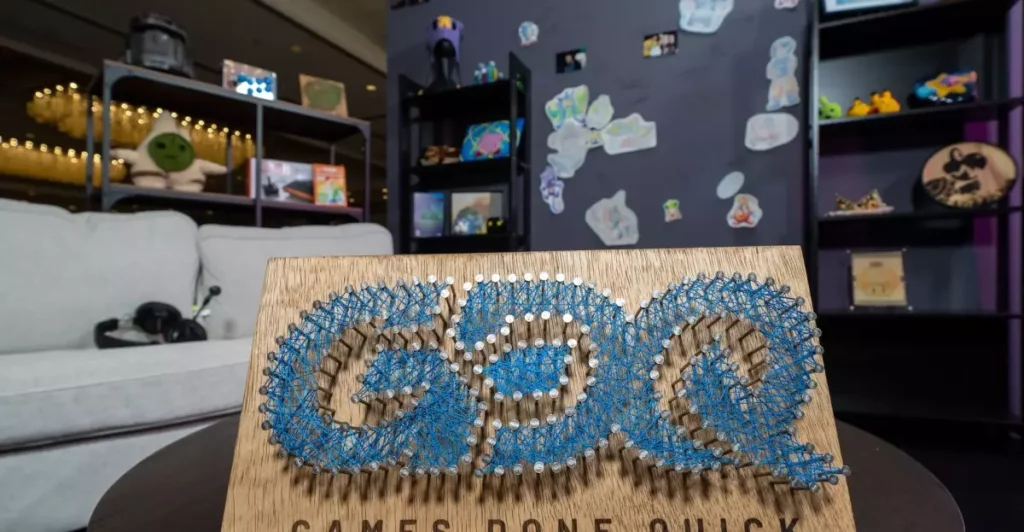The Summer Games Done Quick (SGDQ) 2025 isn’t just a fleeting spectacle of record-breaking speedruns; it’s a stark reminder that the gaming community possesses a latent capacity for activism, compassion, and social responsibility. Amidst a landscape marred by industry scandals, commercialization, and cultural superficiality, this annual event boldly attempts to reposition gaming as a tool for tangible change. Its decision to direct proceeds toward Doctors Without Borders exemplifies a deliberate shift—one that aligns gaming with humanitarian values. This move questions the historically insular view of video games, transforming them from mere entertainment into powerful vessels of altruism. Yet, critics must remain skeptical: Does this rebranding reflect genuine cultural evolution or a strategic marketing veneer aimed at safeguarding the industry’s reputation?
Community Solidarity Versus Industry Toxins
The allure of SGDQ lies not only in its philanthropic mission but in its celebration of community resilience. In an era where online toxicity and partisan discord threaten to undermine the very fabric of gaming culture, the event provides a refuge—a space where diversity, patience, and mutual respect are celebrated. When players from diverse backgrounds come together to perform, compete, and contribute, they forge bonds that transcend geographical borders. This collective effort symbolizes an optimistic contradiction to the prevalent online toxicity, showcasing that gaming communities can be bastions of civility and inclusivity. Still, this idealism must confront harsh realities: Are these moments of unity superficial, or do they genuinely influence the broader gaming culture? The answer may lie in whether these ideals extend beyond the event itself into everyday online interactions.
The Evolution of Gaming as a Tool for Social Impact
Progressive visions like SGDQ challenge the stereotype of gamers as disinterested or disengaged from societal issues. This event exemplifies how skillful gameplay can serve as a platform for advocacy, raising awareness and fostering global solidarity. The interactive nature of the marathon—offering constant content, bonus runs, and real-time donation opportunities—underscores a strategic reorientation: gaming is increasingly intertwined with social activism. While some purists might dismiss this as mere spectacle, the broader trend hints at a cultural shift where gaming’s influence extends into public consciousness as a form of modern activism. Here, gamers are not only consuming entertainment but actively mobilizing their skills and community for causes that matter.
Veneration of Skill and Community in a Fragmented World
The event’s format emphasizes collective effort and friendly rivalry—elements that nurture a sense of camaraderie often lacking in the current digital environment. The anticipation of races involving popular titles like Blue Prince or Titanfall 2 embodies the playful spirit that unites players despite cultural and political differences. This communal dynamic acts as a counterbalance to the divisiveness spawned by industry conflicts and societal strife. However, it is necessary to question whether such scenes of camaraderie are sustainable or merely fleeting moments of escapism. In a climate where social media rapidly amplifies negativity, can competitive gaming truly catalyze long-term empathy and understanding? The optimistic view suggests it can, provided these moments lead to broader cultural dialogues.
The Limitations and Pitfalls of Gaming’s Moral Leap
While SGDQ’s aspirational narrative is compelling, it isn’t immune to critique. The deployment of gaming for philanthropic purposes risks commodifying altruism—co-opting social responsibility for marketing gains that serve corporate interests. Furthermore, the veneer of inclusivity and social progress often conceals deeper structural issues within the industry: gender disparities, exploitative practices, and the persistence of toxic online environments. The hope that gaming can serve as a force for profound societal change must be tempered with realism about these systemic flaws. The core challenge lies in ensuring that the community’s activism extends beyond a single event—transforming ideals into enduring practices that reshape gaming’s cultural DNA, rather than cosmetic gestures masked as progress.
A Center-Right Perspective on Gaming’s Social Potential
From a centrist, center-right conservative lens, events like SGDQ represent a nuanced opportunity and challenge. On the one hand, they demonstrate that voluntary community action and personal agency—core conservative values—can produce meaningful societal benefits, even in a space often dismissed as frivolous. On the other hand, this raises questions about industry oversight and ethical standards. The government’s role should be balanced: supporting community-led initiatives that promote social good without excessive regulation that risks stifling innovation. Ultimately, the power of gaming communities to unite around noble causes aligns with the belief that civil society, driven by voluntary effort, remains a vital force for good. Yet, the industry’s stewardship must be vigilant to prevent superficial virtue-signaling from overshadowing genuine reforms.
In assessing SGDQ 2025, it is clear that gaming’s capacity for influence extends beyond leisure. The event’s celebration of community, skill, and social responsibility signals a promising trajectory—one that, if maintained and expanded with prudence, could position gaming as a legitimate stakeholder in societal progress. But skeptics and proponents alike must ask: will this momentum endure long enough to recalibrate the industry’s cultural identity, or will it remain a fleeting spectacle? The answer hinges on whether the core community continues to see its hobby as a platform for meaningful change, fortified by integrity rather than superficial virtue.









Leave a Reply